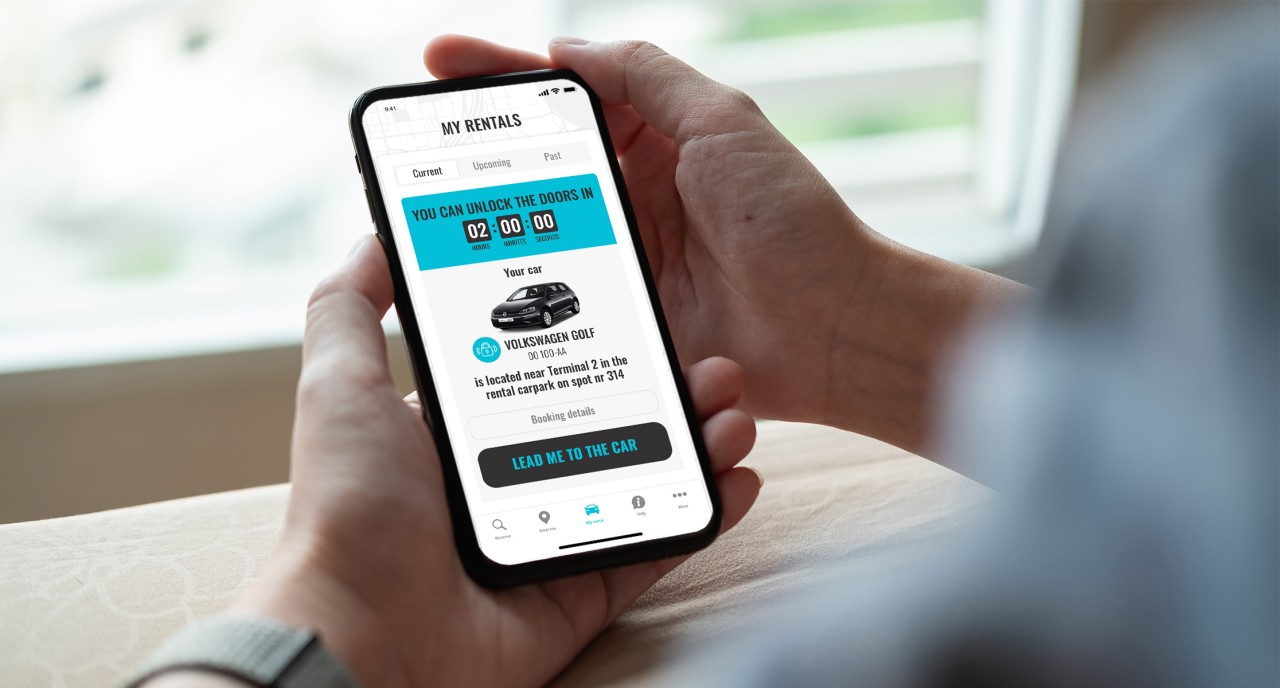A super-app is a mobile application that brings together a wide range of features, services, and functions on a single platform. This sets it apart from traditional apps, which generally focus on a singular function.
The Roots
In the Asian region, the driving phenomenon of super-apps is the mobile-first internet culture. Many in Asia had their first internet experiences on mobile platforms, as opposed to a desktop-first culture in the West. The availability of affordable smartphones and lenient data and consumer protection laws have significantly contributed to this trend. Additionally, people in some Asian countries have better access to mobile payments than traditional banking.
Examples of super-apps include WeChat and Alipay (China), Grab (Southeast Asia), Gojek (Indonesia), and Tata Neu (India).
Why So Popular?
The super-app platform is built around one or several core features that users visit daily, serving as their initial attraction. These core features may include finance and payments, food delivery, online marketplace, ride-hailing, social media, gaming, and chatting. Generally, these services logically tend to evolve from one another. As the platform gains popularity, it typically diversifies the core features, progressively providing more value to users.
Including a centralised payment system and Single Sign-On (SSO) for accessing all functions is crucial to ensuring a seamless and convenient overall experience.
Another significant feature is the establishment of a framework to create and publish mini-apps, developed either in-house or by third-party companies. These apps run on the super-app platform instead of being stand-alone. The development platforms may use low-code/no-code, further streamlining service providers’ entry into the digital market.
By building such an ecosystem, super-app creates a mutually beneficial relationship between the core platform and third-party brands. Large number of third-party providers attracts more users, which, in turn, brings in more advertisers. For service providers and companies, establishing a presence or developing a mini-app within a larger platform is advantageous. Having a multitude of users who are already active on the platform gives them access to a broader pool of potential customers compared to developing a stand-alone app.
Users will have access to a range of services and can perform most online tasks without the need to switch apps, a convenience enabled by the SSO feature. Furthermore, users can choose to opt-in or opt-out of using the mini-apps, allowing them to customise their own user experience.
In Provider We Trust
In exchange for making their lives easier, end customers essentially entrust their digital identity to one single service provider. This highlights the crucial importance of end customer having a high level of trust in the super-app provider. They must feel confident that the provider will safeguard their digital life, which includes sensitive information such as banking details and private data, both from potential threats within the platform and also from external malicious actors.
With super-apps becoming an integral part of life in some parts of the world, it’s important to note that losing access for whatever reason to one’s super-app account, which is tied to a large portion of one’s digital life, can also mean losing access to multiple real-life services.
Data Collection
With their sweeping access to user information across core services and through third-party applications, it’s no surprise that super-apps extensively collect and store data about their customers and their preferences. This data is processed using AI and machine learning to provide tailor-made recommendations, ads, app and service suggestions, and more, all based on user profiles and usage patterns.
Such personalised approach enables super-apps to align their content and services with the specific interests and needs of their users. By doing so, these apps not only increase user engagement but also potential revenue through targeted advertising. Additionally, this strategy encourages users to engage more frequently with the wide selection of services offered.
On the flip side, the popularity of super-apps can pose a risk of abuse by authoritarian governments. The extensive data collection capabilities and deep integration of these apps into users’ lives provide a significant opportunity for surveillance and control.
Synonym(s):
- superapp
- super app
- everything app


